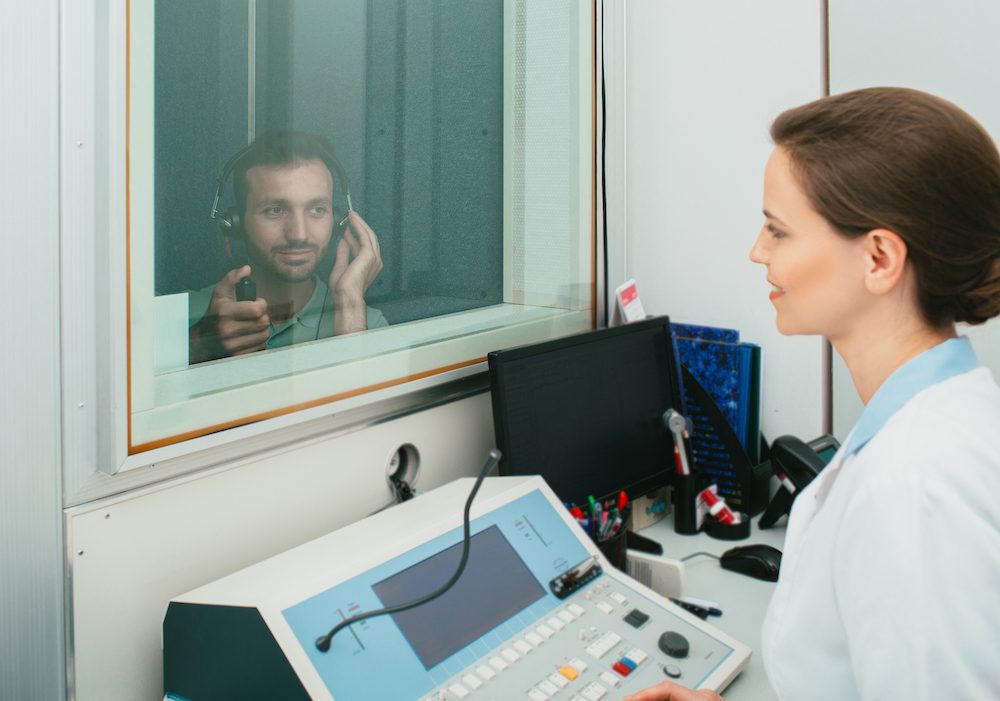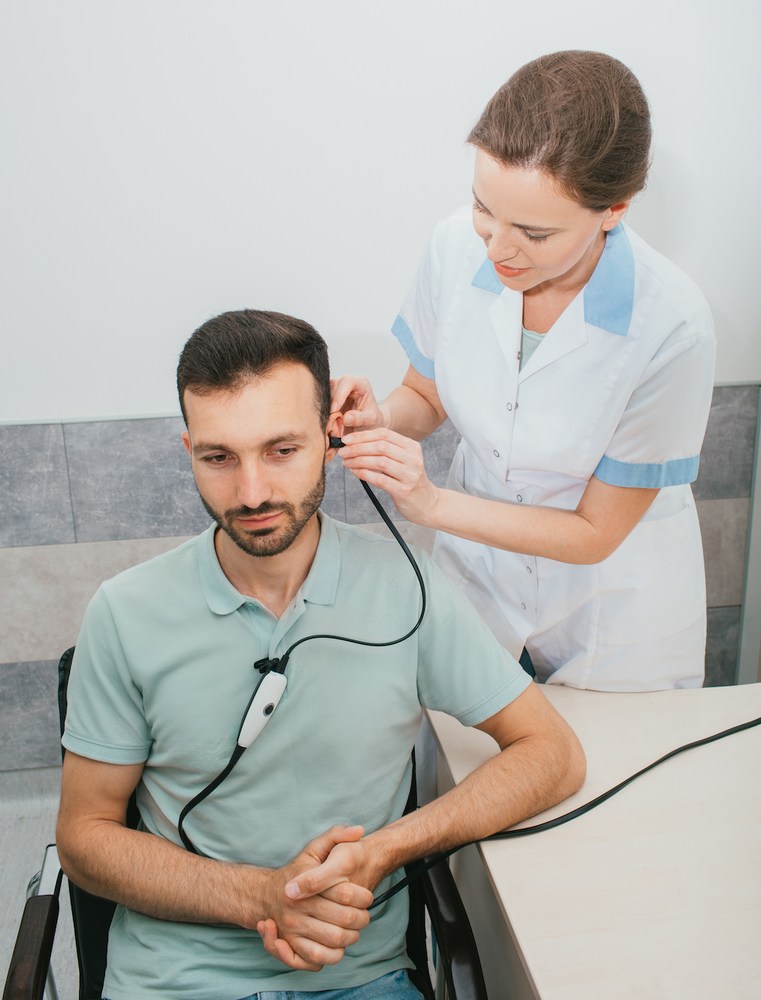How to Interpret Complex Hearing Test Results
Getting hearing test results can be confusing for most of us. Looking at


Getting hearing test results can be confusing for most of us. Looking at

Individuals’ daily lives expose them to a wide range of potentially

Your hearing aids help you stay connected to the people and activities you